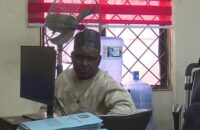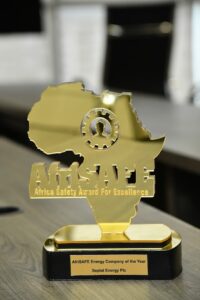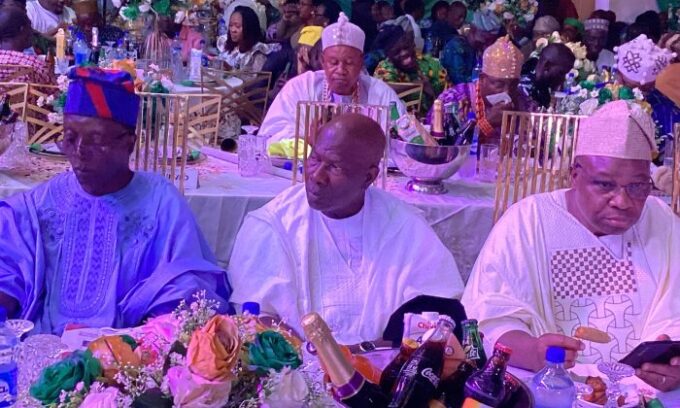BY NKECHI NAECHE- Africa’ s reinsurance giant, Africa Re on Tuesdsy signed an agreement with IFC, a member of the World Bank Group to help insurance companies in Nigeria develop innovative agricultural insurance products for small holder farmers.
The scheme which was launched by the Nigerian Commissioner for Insurance Mr. Muhammed Kari at the Headquarters of Africa Re in Lagos, had in attendance many CEOs and executives of the Nigerian insurance industry as well as representatives of IFC.
Under this agreement, Africa Re will work with IFC’s Global Index Insurance Facility to provide technical support to insurance companies who are licensed to underwrite index insurance products, helping them develop their agricultural insurance business line. Index-based agricultural insurance, which pays out on the basis of transparent parameters like rainfall and does not require costly field visits to verify losses, provides an innovative and more efficient solution for small holder farmers to protect their crops against losses. This initiative will also engender financial inclusion of the small holder farmers.
Kari, while launching the scheme, commended IFC and Africa Re and promised that, as a regulatory body, the Nigerian Insurance Commission (NAICOM) will do everything possible to ensure the success of the scheme and even exceed expectations.
Mr. Ken Aghoghovbia, Deputy Managing Director/Chief Operating Officer of Africa Re, speaking at the launching of the scheme said : “We are excited to be partnering with IFC in assisting Nigerian insurers develop appropriate insurance products to protect small holder farmers. This initiative would certainly go a long way in moving Nigeria towards its goal of food security and is in line with the Corporation’s mission to support African economic development.”
Eme Essien, IFC Country Manager for Nigeria said: “60 percent of Nigerians rely on agriculture for their livelihood. Affordable and accessible risk management tools like index insurance are needed to help farmers mitigate the effects of climate-related shocks, protecting them against catastrophic losses and unlocking access to finance.”
The technical support provided to insurance companies in Nigeria will include specialized product design and developing digital platforms that will enable a prospective policyholder to view index insurance products on offer, compare different products from various insurers, review the term sheet and documentation, and select their preferred policy. The aim of this agreement is to provide thousands of farmers with access to insurance by the end of 2020
“Africa Re, is a pan African Reinsurer founded in 1976 by the member States of the African Union (formerly OAU) and the African Development Bank (AfDB) for the purpose of developing the insurance industry in the continent. It has a diversified set of shareholders, including 44 African States (35%), over 110 African insurance and reinsurance companies (34%), the AfDB (8%) and non-African investors (23%).
Africa Re has a strong share of the reinsurance market across the continent making it the premier reinsurer in Africa. It has physical presence in eight locations including Lagos (Nigeria), Casablanca (Morocco), Nairobi (Kenya), Abidjan (Ivory Coast), Johannesburg (South Africa), Mauritius, Cairo (Egypt) and Addis Ababa (Ethiopia) and operates across all the regions in the continent. Africa Re is rated “A” (Excellent) by AM Best and “A-” (Strong) by Standards & Poor’s both with stable outlooks.
The Global Index Insurance Facility (GIIF) is a multi-donor program that was created to address the scarcity of affordable insurance protection against weather and catastrophic risks in developing and emerging countries. Its main objective is to promote the development of effective and sustainable markets for index-based weather and catastrophic risk insurance in such countries. The facility is part of the World Bank Group’s Finance, Competitiveness, and Innovation Global Practice and is funded by: the European Commission/the African, Caribbean and Pacific (ACP) Group of States; the Netherlands Ministry of Foreign Affairs; the German Federal Ministry of Economic Cooperation and Development (BMZ); and the Japan Ministry of Finance.














